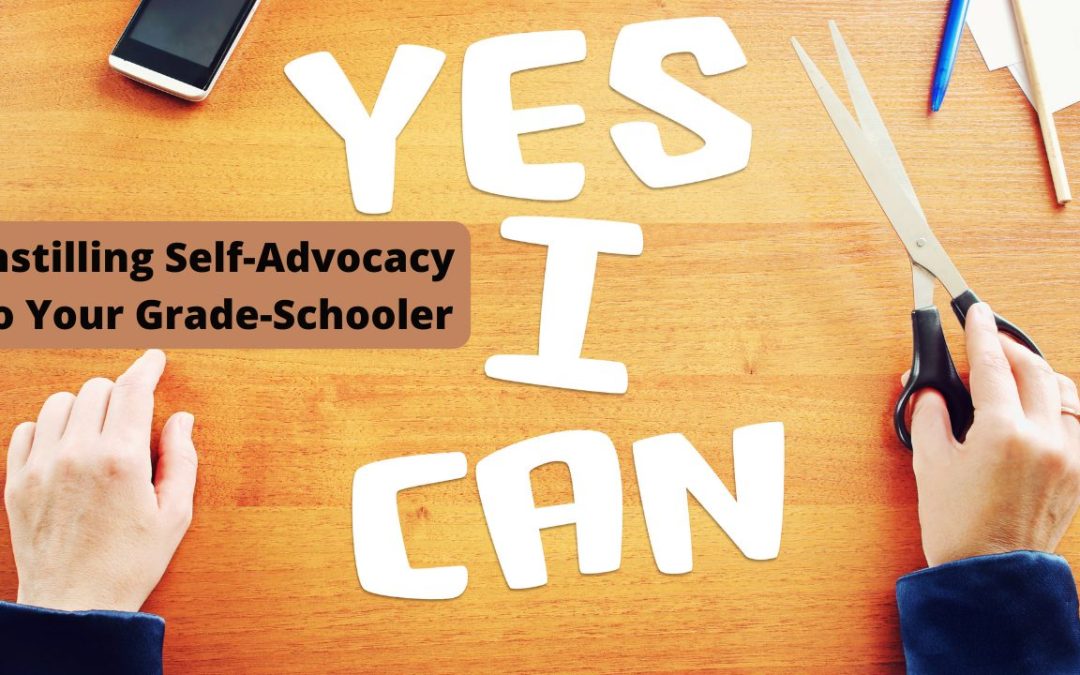We may forget our grade school days of self-discovery and finding your voice. It can be difficult for some kids to come into their own, and speak up for themselves. If you have a grade-schooler at home, now is the time to make sure they’re getting comfortable in their body, their voice, and their feelings.
Speaking for Themselves
Children may have a difficult time understanding when something isn’t going the way they want it to. It may be related to another child at school, speaking clearly, or even wrestling with what their emotions are telling them. It’s important to lay the foundation that they can speak their emotions and feelings freely, no matter what they may be. They may have a hard time recognizing what some of them mean, and simply feel “sad”. It’s up to you to ask a few questions and gain a better understanding of what they are feeling and going through. Make sure to give them multiple opportunities to express their feelings, and not just take over the conversation.
If it’s an issue with another individual, see if they can handle it themselves before stepping in. We all want the very best for our kids, but we also want to ensure they can handle themselves and express their emotions clearly. Giving your child to freedom to do this at a young age will help set them up for success in many different friendships and relationships in the future.
Recognize Faults
It’s hard as parents to see a child struggle, and we want only the best for them. This can also include not recognizing that everyone has faults, including our own children. It’s never something to feel shame or guilt about, as everyone has faults and also strengths! Letting your child see that should be a huge priority, as they can begin to grasp a better understanding of what they can and can’t do. It shouldn’t become a crutch for them, or something that they think they can’t attain, so always try to focus on the positives, even if it’s related to someone’s faults, as some things can be worked on.
If your child is experiencing (or even struggling) with a learning impairment or other such ability, it may be good to step in and talk to a teacher or principal just as a heads up. This can allow the teacher to better play to your child’s strengths, and help them understand schoolwork. You can always encourage your child to talk about any impairments or ailments only if they feel comfortable. If something is out of their scope, then they can simply say “I can’t do this”, and the teacher or individual can always make arrangements.
Katie Kyzivat

